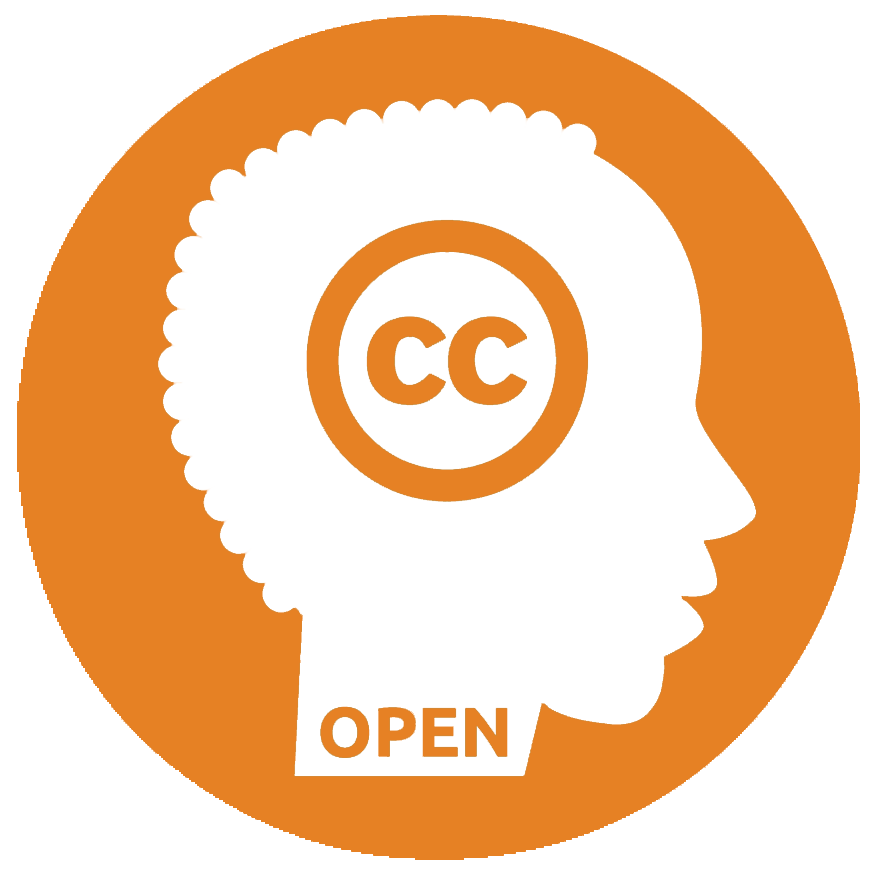Your search
Results 5 resources
-
Language abilities in the early years are a strong predictor of children’s success in school. However, a considerable number of children enter school with poor language skills. Therefore, one of the most important but also challenging mandates of early childhood education and care [ECEC] is to promote these skills before school enrolment. Meta-analytic evidence suggests that shared book reading is a valuable tool to narrow this gap in the early years. In the digital age, ebooks might offer...
-
Previous empirical studies on the effect of scaffolding in game-based learning environments have shown inconsistent findings. In this study, we conducted a meta-analysis to examine the effect of scaffolding in digital game-based learning (DGBL) and to explore a range of moderating factors that may have contributed to the inconsistencies of primary studies. We used the three-level meta-analysis method to analyze the data for handling data non-dependency issues of multiple effect sizes in one...
-
The technological developments of the twenty-first century have enabled the emergence of alternative teaching-learning models and instructional tools. One of the concepts brought about by such developments is mobile learning. The aim of this study was to test the effect of mobile learning on students’ mathematics achievement. A systematic database search that included the Academic Search Complete, Education Resources Information Center (ERIC), EBSCO, JSTOR, ScienceDirect, Taylor & Francis...
-
Background: The array of availability of diverse digital reading applications, the mixed results emerging from small-scale experimental studies, as well as the long-standing tradition and range of known positive developmental outcomes gained from adultchild storybook reading warrant an investigation into electronic storybooks (e-books) by performing a meta-analysis, which includes recent studies.
-
This meta-analysis extended the current literature regarding the effects of computer technology (CT) on mathematics achievement, with a particular focus on low-performing students. A total of 45 independent effect sizes extracted from 31 empirical studies based on a total of 2,044 low-performing students in K-12 classrooms were included in this meta-analysis. Consistent with previous reviews, this study suggested a statistically significant and positive effect of CT ([Formula: see...
Explore
Outcome measure
- Learning (5)
Instructional domain (subject)
- Literacy (2)
- Mathematics (3)
- Multiple (1)
- Science (1)
Education Level and Type
- ECE 0-7 (3)
- High school 16-18 (2)
- K-12 (1)
- Middle school (1)
- Primary 7-10 (3)
- Secondary 11-16 (2)
- Tertiary (1)
Groups of students
- At-risk (1)
- Low-performing (1)
- Low socio-economic status (1)
- typically-developing students (1)
Moderating variables
- Design-type/ testing instruments (1)
- Grade/education level (2)
- Length of time (3)
- Multiple exposures (2)
- Parent/carer involvement (1)
- School-level factors (1)
- Student characteristics (1)
- Subject (1)
- Teacher involvement (4)
- Tech structure (3)
Tech Hardware
- Computer (2)
- E-book hardware - e.g. kindle (2)
- Handheld device (2)
- Interactive whiteboards (1)
- Mobile/Smartphone (1)
- Multimedia (1 or more) (3)
- Tablet (2)
- Touch-screen (2)
Tech Software
- Augmented Reality (1)
- Computer Algebra Systems (1)
- E-book software (2)
- Game learning (1)
- General apps (1)
- Intelligent Tutoring (1)
- Tutorials (1)
- Virtual Reality (1)
Tech mechanism
- Feedback (2)
- Gamification (1)
Learning Approach
- Blended learning (1)
- Classroom learning (2)
Teacher Pedagogy
- _No mention (1)
- Feedback (1)
- Game-based learning (1)
- Group learning (1)
- Scaffolding (1)
Research methods
Effect size/ heterogeneity
HIC/LMIC
Quality of research
Geography if specific
- _no mention (1)
- Mixture (3)
- Taiwan (1)
- The Netherlands (1)
- Turkey (1)
- USA (1)

